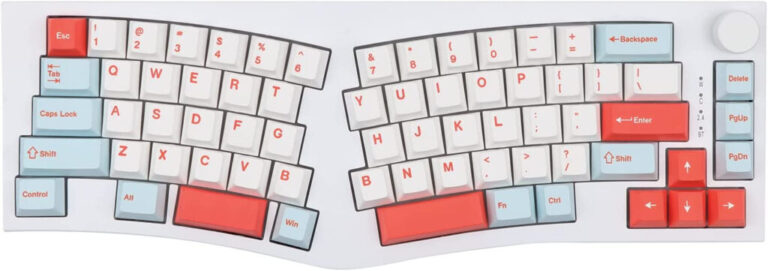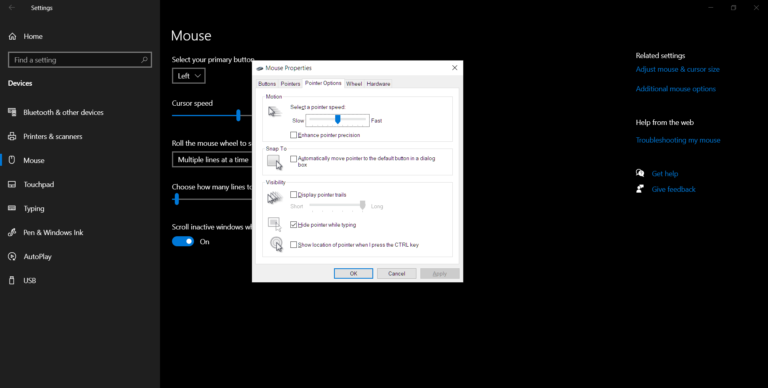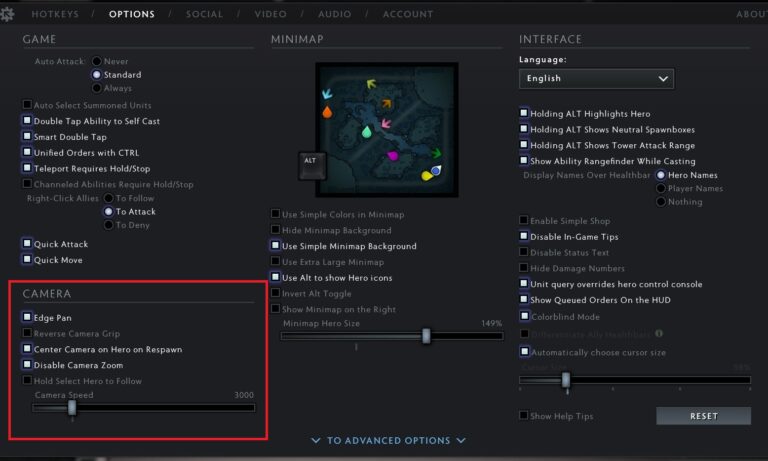Why do gamers hate RNG?
RNG stands for random number generator, and it is a term that refers to the use of chance or probability in video games. RNG can affect many aspects of a game, such as loot drops, enemy spawns, damage output, critical hits, and so on. RNG can create variety, challenge, and excitement in games, but it can also cause frustration, unfairness, and disappointment.

Many gamers hate RNG because they feel like it takes away their control and skill. They want to be rewarded for their efforts and choices, not for their luck. They want to have consistent and predictable outcomes, not random and chaotic ones. They want to feel like they are mastering the game, not being manipulated by it.
Some examples of games that use RNG heavily are roguelikes, card games, gacha games, and loot shooters. These games often rely on RNG to generate procedural content, create replay value, and encourage monetization. However, these games can also alienate players who feel like they are wasting their time, money, or resources on something that is ultimately out of their hands.
There are ways to mitigate the negative effects of RNG in games, such as balancing the risk-reward ratio, providing feedback and transparency, offering customization and options, and implementing fairness and safeguards. These methods can help make RNG more enjoyable and acceptable for gamers who value skill and agency.
Examples of RNG in Games
- Item Drops: RNG is often used to determine what items or loot a player receives from defeated enemies, treasure chests, or other sources. This introduces an element of luck and variability, as players may get different items in each playthrough.
- Critical Hits and Misses: RNG can determine whether an attack in a game is a critical hit, a regular hit, or a miss. This adds uncertainty to combat situations, making battles less predictable and more exciting.
- Spawn Locations: In some games, the spawn locations of enemies, resources, or other elements may be determined by RNG. This ensures that players encounter different situations each time they play.
- Random Events: Some games feature random events or occurrences triggered by RNG, such as weather changes, environmental hazards, or special challenges. This keeps the gameplay experience fresh and prevents it from becoming too repetitive.
- Character Attributes: When creating a character or advancing in a game, RNG might be used to determine the distribution of attribute points, affecting a character’s strength, agility, intelligence, etc.
RNG is not inherently good or bad, but rather a design tool that can be used in different ways. Some gamers love RNG for its unpredictability and variety, while others hate it for its uncertainty and volatility. Ultimately, RNG is a matter of preference and taste, and it depends on how well it fits the game’s genre, theme, and mechanics.







